Oh, bloating. By now, we’re all much too familiar with the stomach cramping, gas, and other not-so-hot side effects that come from eating some of our favorite foods. In fact, about 30% of people say they experience bloating regularly–and many of us can relate! While we wish pizza and veggies wouldn’t make our bellies feel so full and painful, there’s relief in knowing that Bloat by Arrae has us covered. But, we also know that life is meant to be enjoyed, and that includes eating all the things without feeling like running to the bathroom. Keep reading to learn why these top ten foods cause bloating, as well as what to eat instead.
FODMAPs are short-chain carbohydrates that are broken down by good bacteria in the large intestine. As a result of this process, gas is produced and can create that food baby feeling in the lower belly. For those who don’t experience bloating regularly, FODMAPs provide fuel for this bacteria and allow for a normal digestive process to occur. However, for those of us with “stomach issues” (i.e., IBS), a different type of gas is formed during this process. This, in turn, causes discomfort, bloating, cramping, gas, and diarrhea.
Beans
Beans contain high levels of protein and healthy carbs, as well as being full of fiber and several vitamins and minerals. Beans are so versatile, too. From soups to chili to sides, so many dishes and variations can be done to make beans a part of a delicious meal. However, most beans contain alpha-galactosides, the ‘A’ in FODMAP. Therefore, those of us with tummy troubles often have a hard time digesting beans and experience lots of bloating as a result.
The USDA supports soaking and sprouting beans to reduce their FODMAPs. Simply place dried beans in a container, cover them with water, and let them soak for eight to twelve hours. The key here, though, is to drain and rinse the beans every three hours. Discarding the water regularly gets rid of the excess sugar starch that’s causing all that excess gas.
If you’re in a pinch for time, stick to Pinto beans and black beans, as these have been found to be easier to digest. Beans can be replaced by grains, meat, or quinoa, too.
Carbonated Drinks
We hear you: sometimes a glass of sparkling water or a tequila soda with lime just hits the spot. But, the gas that follows doesn’t. These drinks contain high amounts of carbon dioxide, a gas that gives sparkling drinks that fizzy sound. When we drink these, we swallow large amounts of this gas directly. Some of it then gets trapped in the digestive system, causing bloat.
Plain water is always the best alternative. If you want to play around with changing up the flavor, add in some fresh fruit or make tea.
Cruciferous Vegetables
The cruciferous vegetable family includes arugula, broccoli, cauliflower, brussels sprouts, cabbage, kale, and several others. These veggies are healthy, containing essential nutrients like fiber, vitamin C, vitamin K, iron, and potassium. They also make for delicious meals, like additions to salads and components of a yummy veggie bowl. But, they contain high amounts of FODMAPs, which, as we’ve learned, cause bloating.
Cooking vegetables helps to break down some of their fibers, making them easier to digest. Steam, sauté, or roast them so they are well-done at the end. There are also many other alternatives, including spinach, cucumbers, tomatoes, eggplant, sweet potatoes, and zucchini.
Onions
Onions give our food so much flavor, but also can give us so much gas. Even though we eat small amounts of onions, they contain lots of fructans–soluble fibers that cause bloating. In addition, it’s common to be sensitive or intolerant to compounds in onions, especially when eaten raw.
Cooking onions may decrease these unwanted digestive side effects. If cooking doesn’t decrease bloat, opt for using the green part of scallions, fresh herbs, or spices as alternatives.
Dairy Products
Ice cream after dinner or a glass of milk with a warm cookie sure sound like a good idea, until sweatpants and bloating get involved. Dairy is nutritious and is an excellent source of protein and calcium, which help us strengthen our muscles and bones. However, an estimated 75% of the world’s population is lactose intolerant, meaning the sugar found in milk, lactose, can’t be broken down. That means, eating any amount of dairy will cause bloating, gas, and oftentimes, diarrhea.
People who are lactose intolerant can sometimes properly digest cream and butter, or fermented dairy like Greek yogurt. Lactose-free products that are made from almond, oat, coconut, or soy milk are also useful, and delicious, alternatives.
Apples
Apples make for a great and easy snack and are high in fiber, vitamin C, and antioxidants. Unfortunately, though, apples are a key player in bloating due to them containing fructose, a FODMAP, and a high fiber content. Both fructose and fiber can be fermented in the large intestine, causing gas and bloating.
Cooked apples may be easier to digest. Other fruits–bananas, blueberries, grapefruit, oranges, strawberries, and blueberries–pack a large amount of nutrients, without the side effects of bloat.
Garlic
Garlic packs a big flavor punch and has been found to have numerous health benefits, like supporting the immune system. Just like onions, though, garlic contains fructans, which cause abdominal bloat, belching, and gas.
Cooking garlic may decrease these effects, or opt for seasoning food with other herbs and spices, like thyme, parsley, or chives.
Sugar Alcohols
Sugar alcohols, such as sorbitol and xylitol, are used in products that are sugar-free as well as in gum. They also contain FODMAPs, and enter the digestive tract prior to being broken down by our bodies. While these may be okay in moderation, consuming high amounts can cause digestive upset.
Look for products with erythritol, the easiest-to-digest sugar alcohol. Stevia is another alternative to both sugar and sugar alcohols and won’t cause bloating.
If bloating is a constant issue, aim to reduce consumption of some of these foods to try and figure out the cause of the bloat. Instead, try out the alternatives! Or, if eating these foods isn’t avoidable, or you just love them, Bloat by Arrae has your back. Simply take 2 to 3 capsules with water and feel your bloat vanish in under an hour.
As with any health issue, please consult your primary care physician if it seems like something more serious is going on.

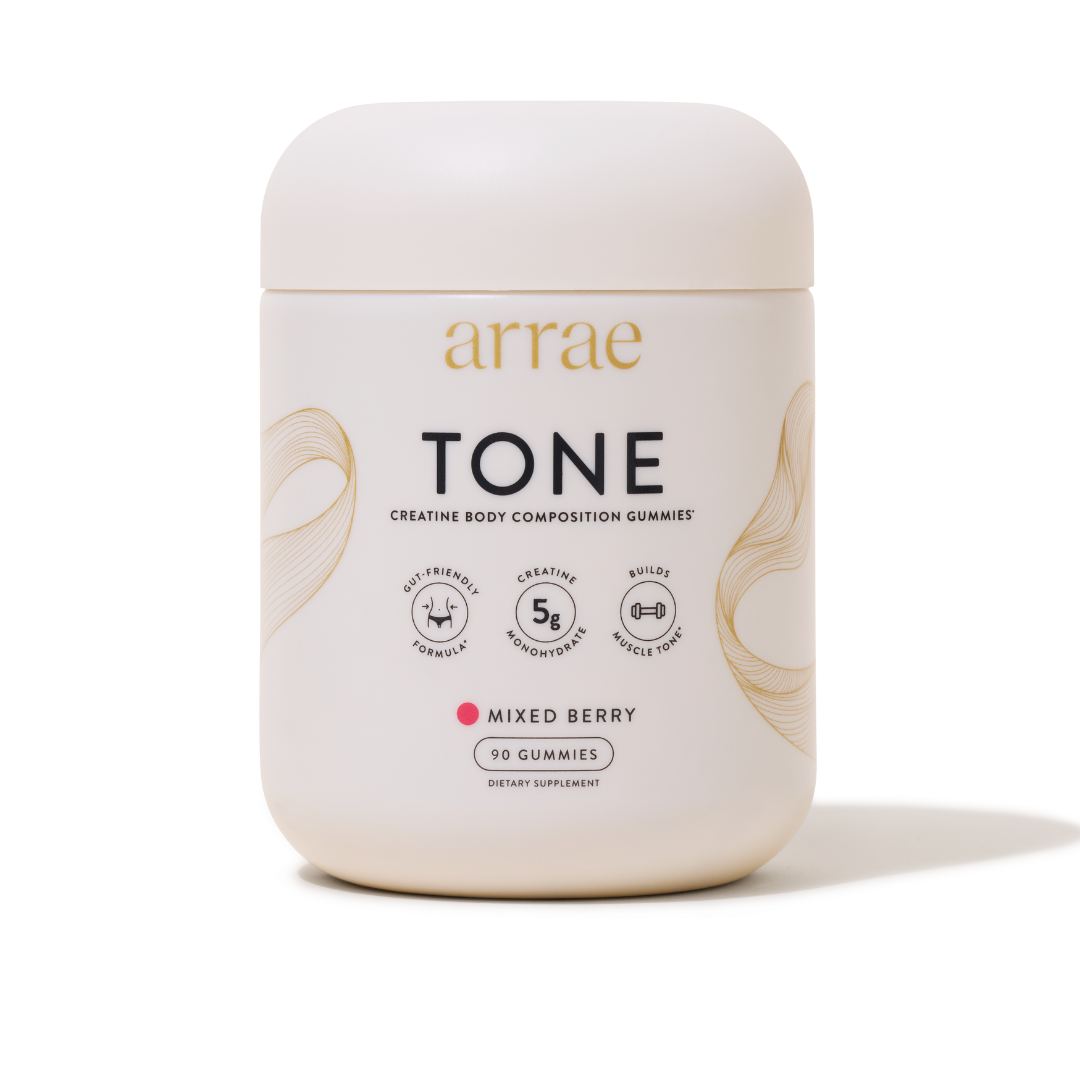
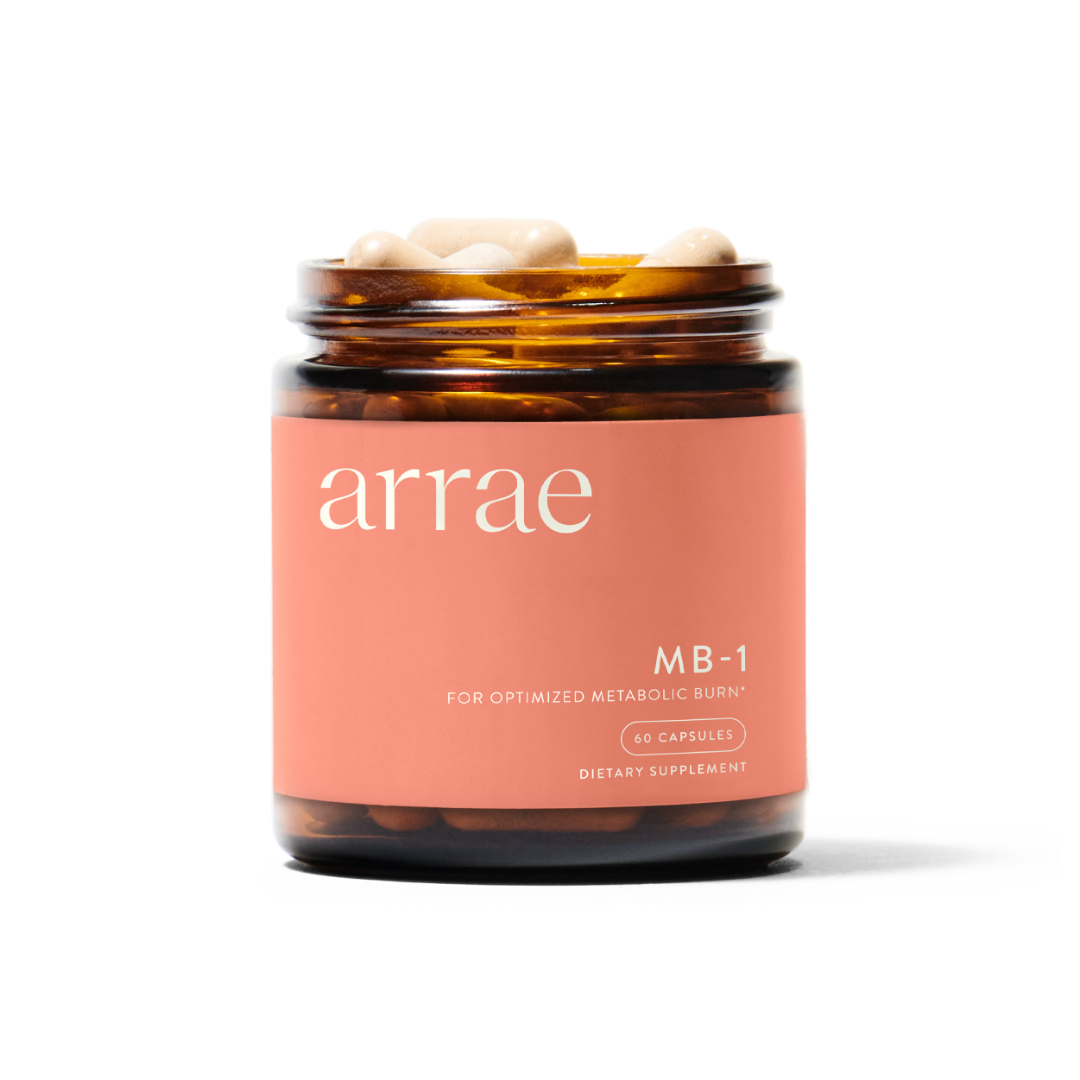
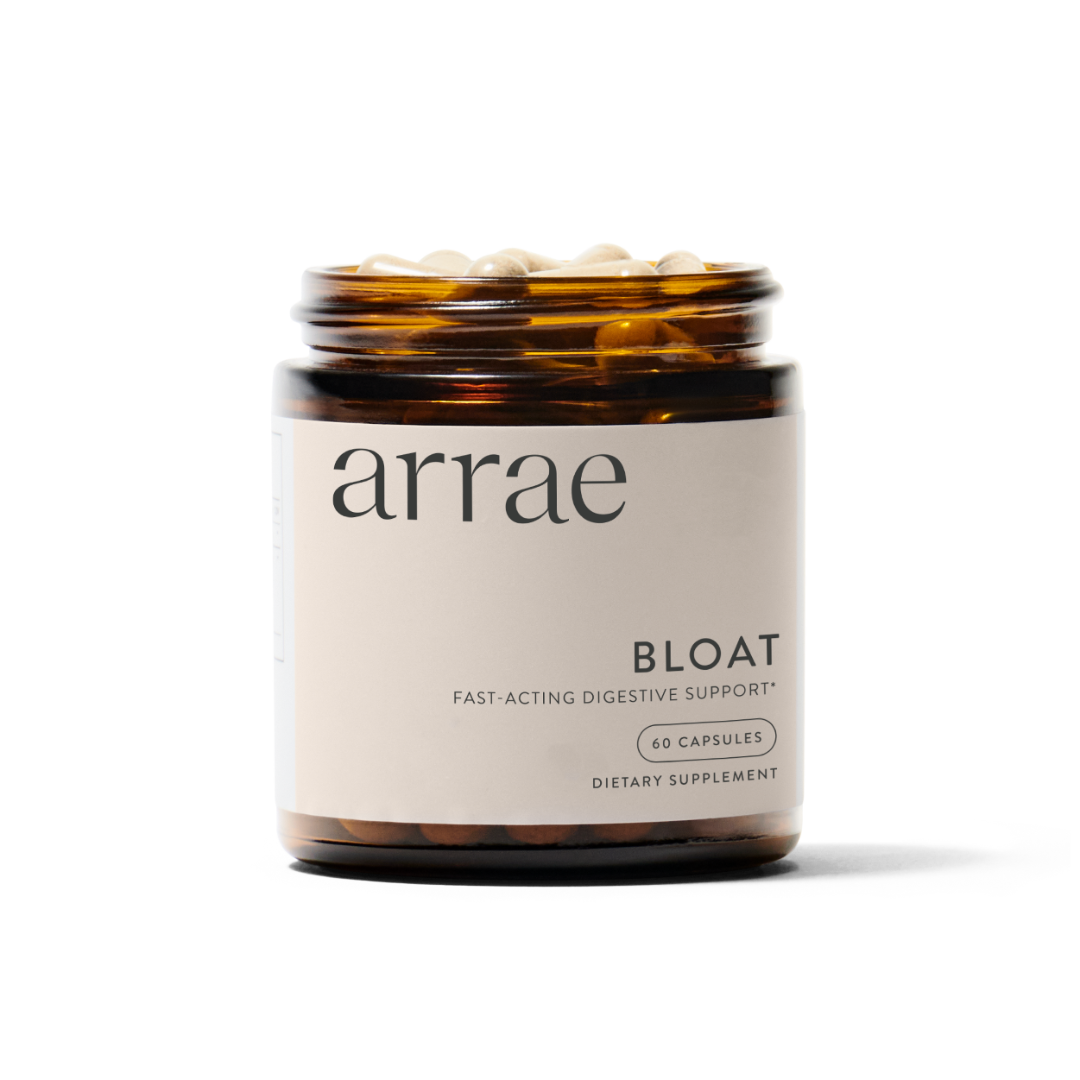
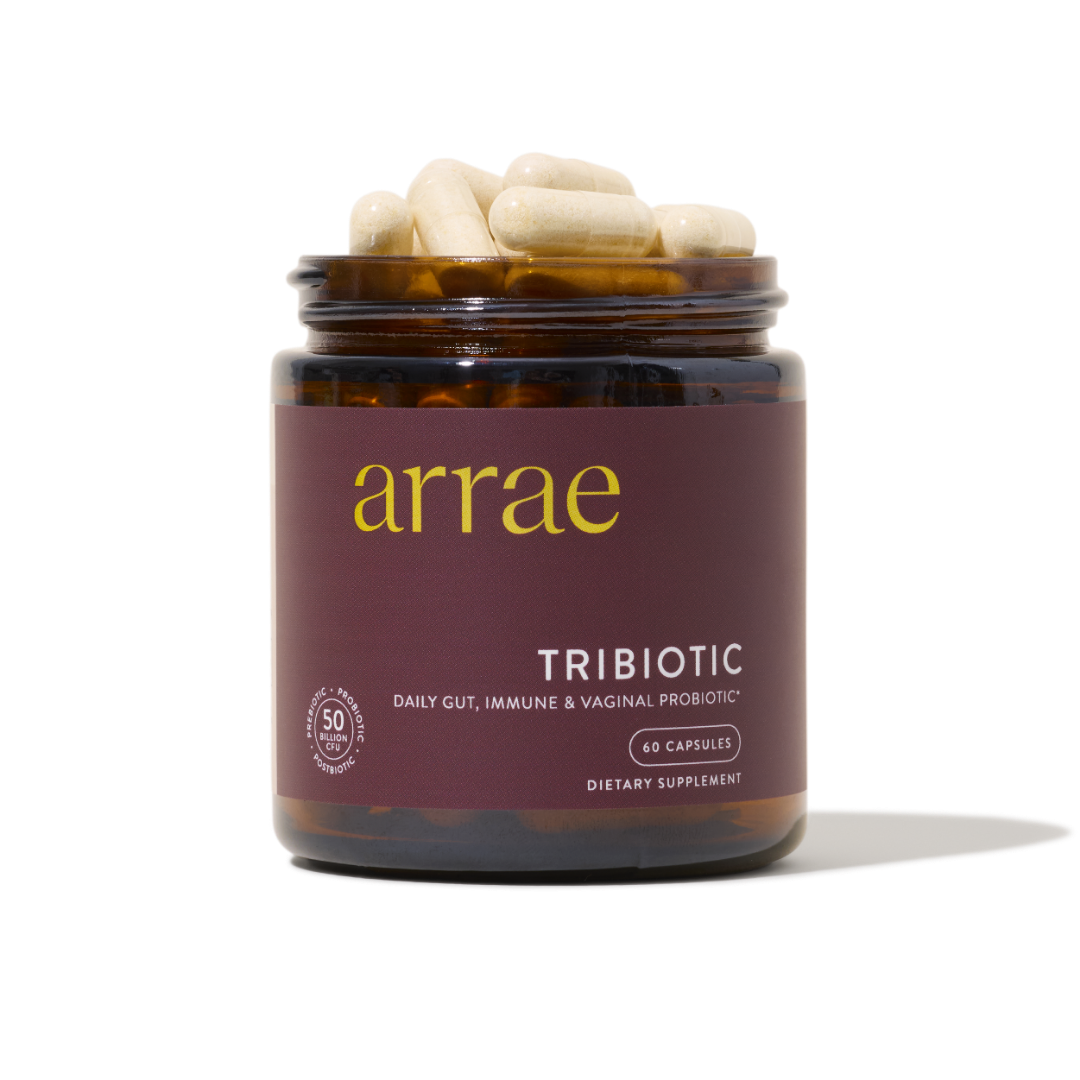
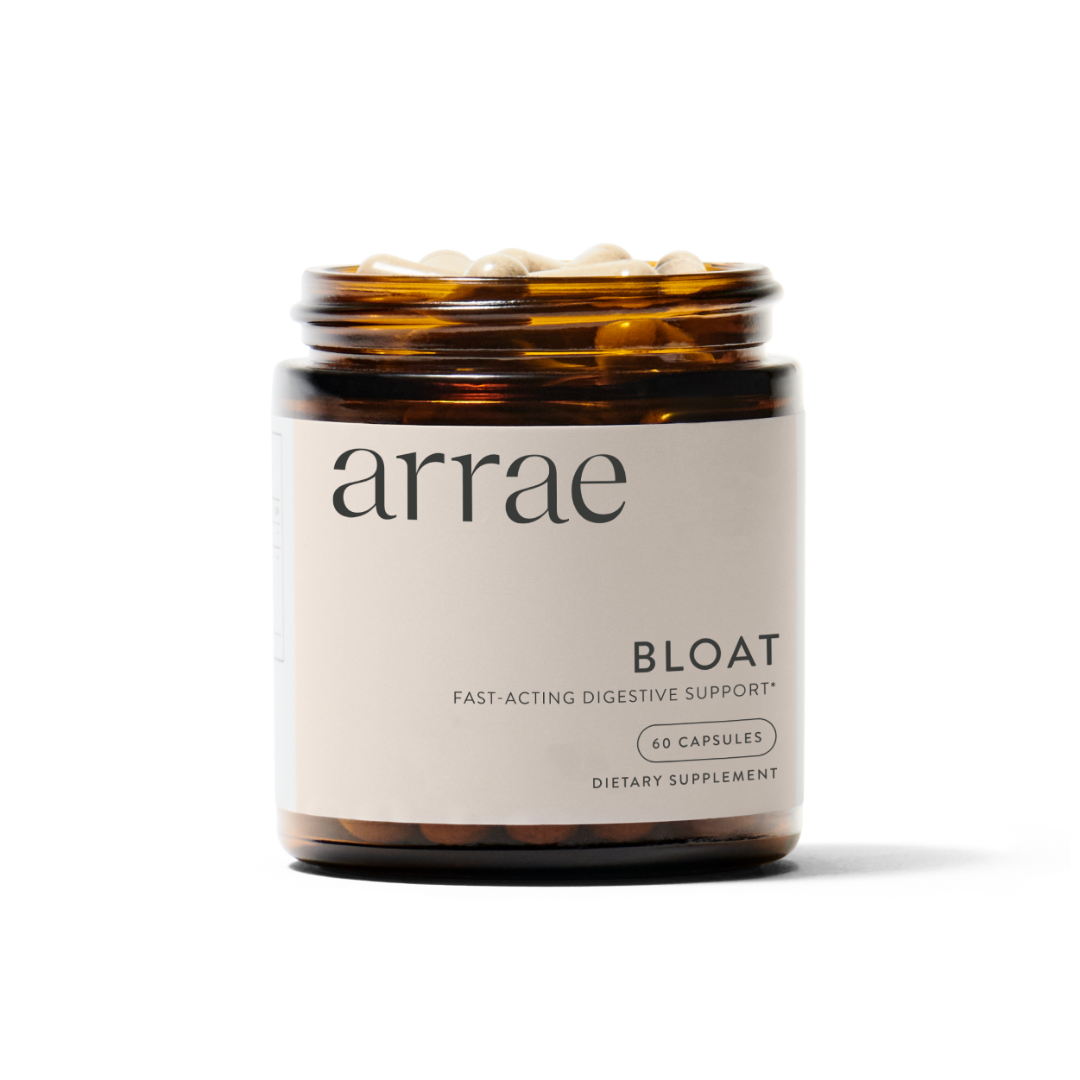
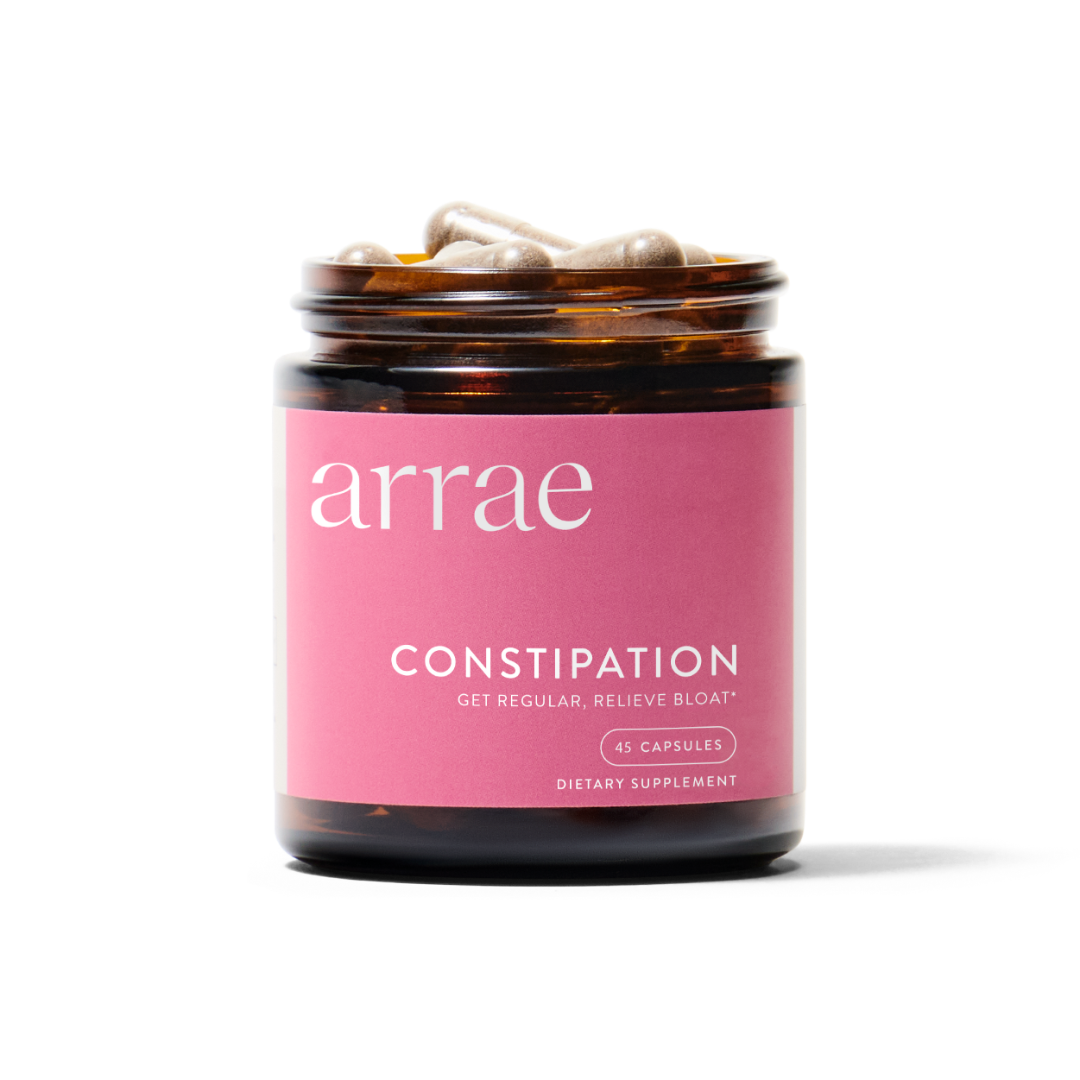

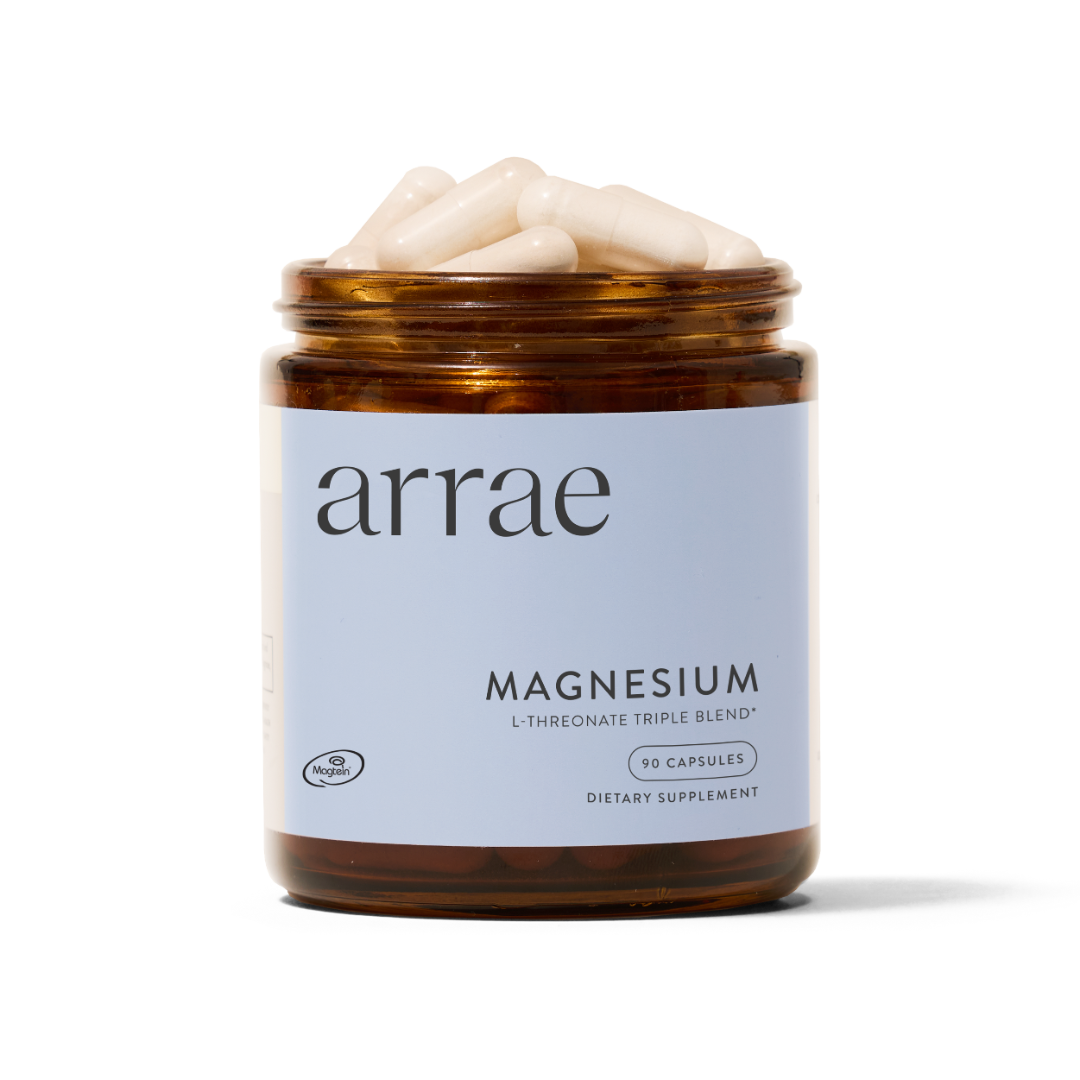
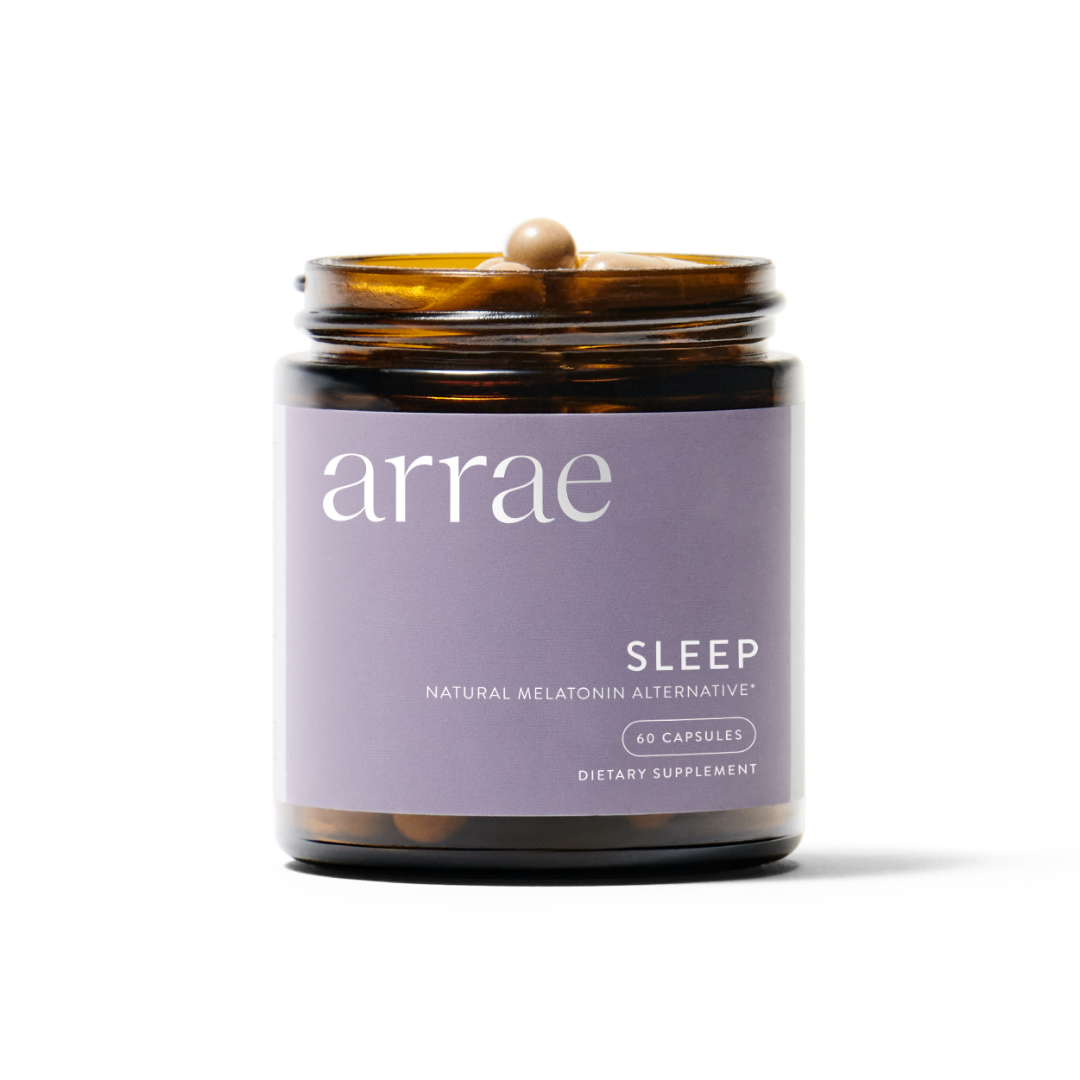
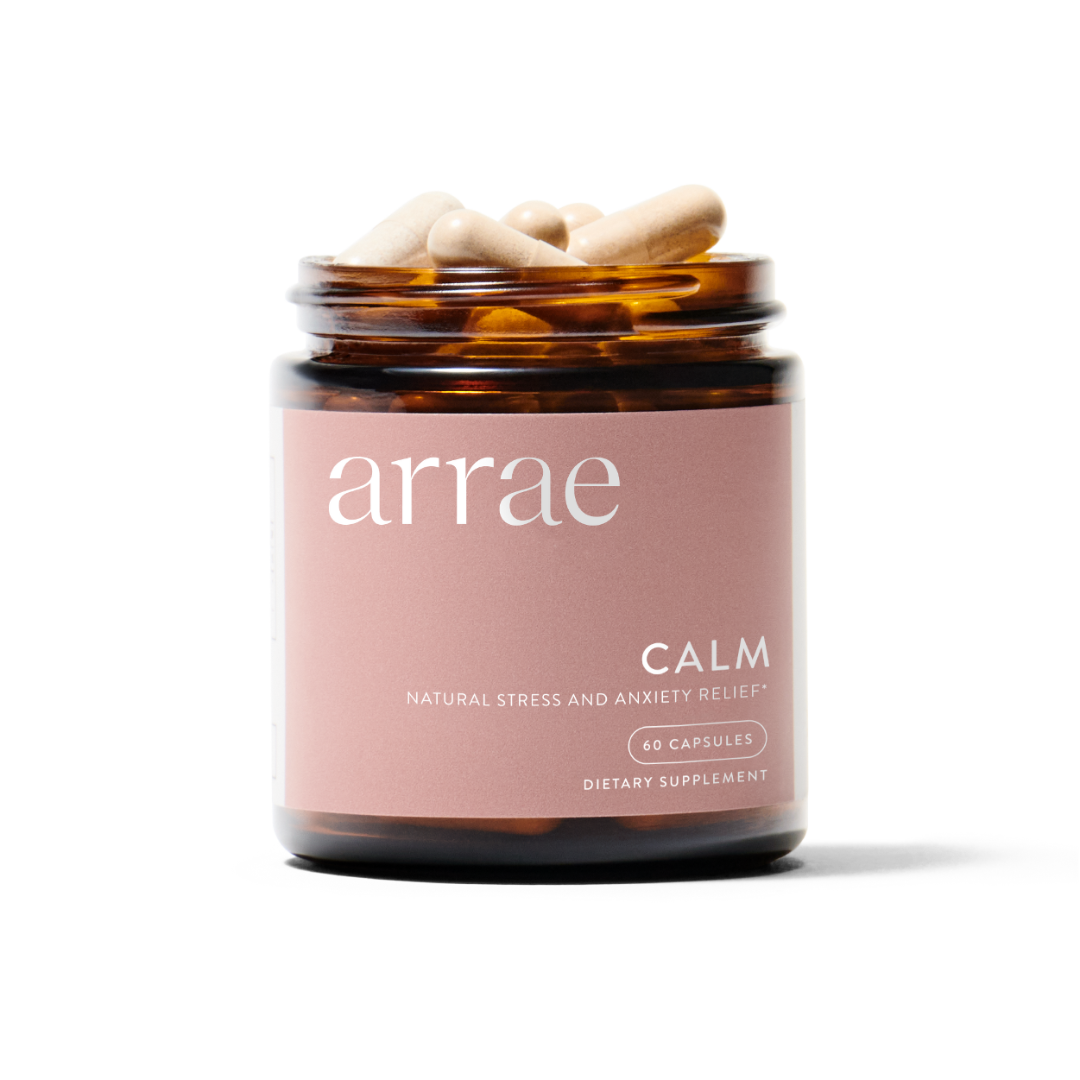
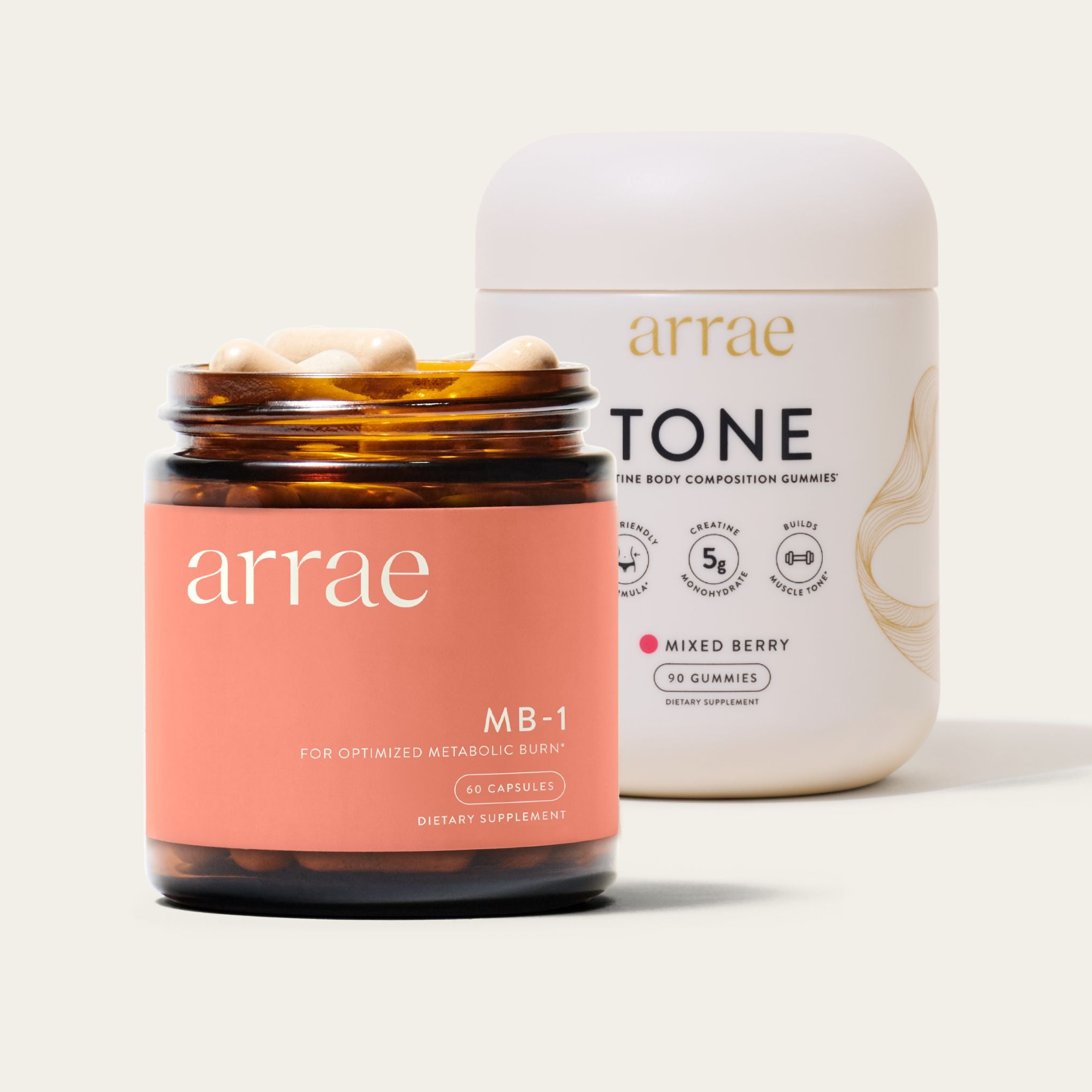
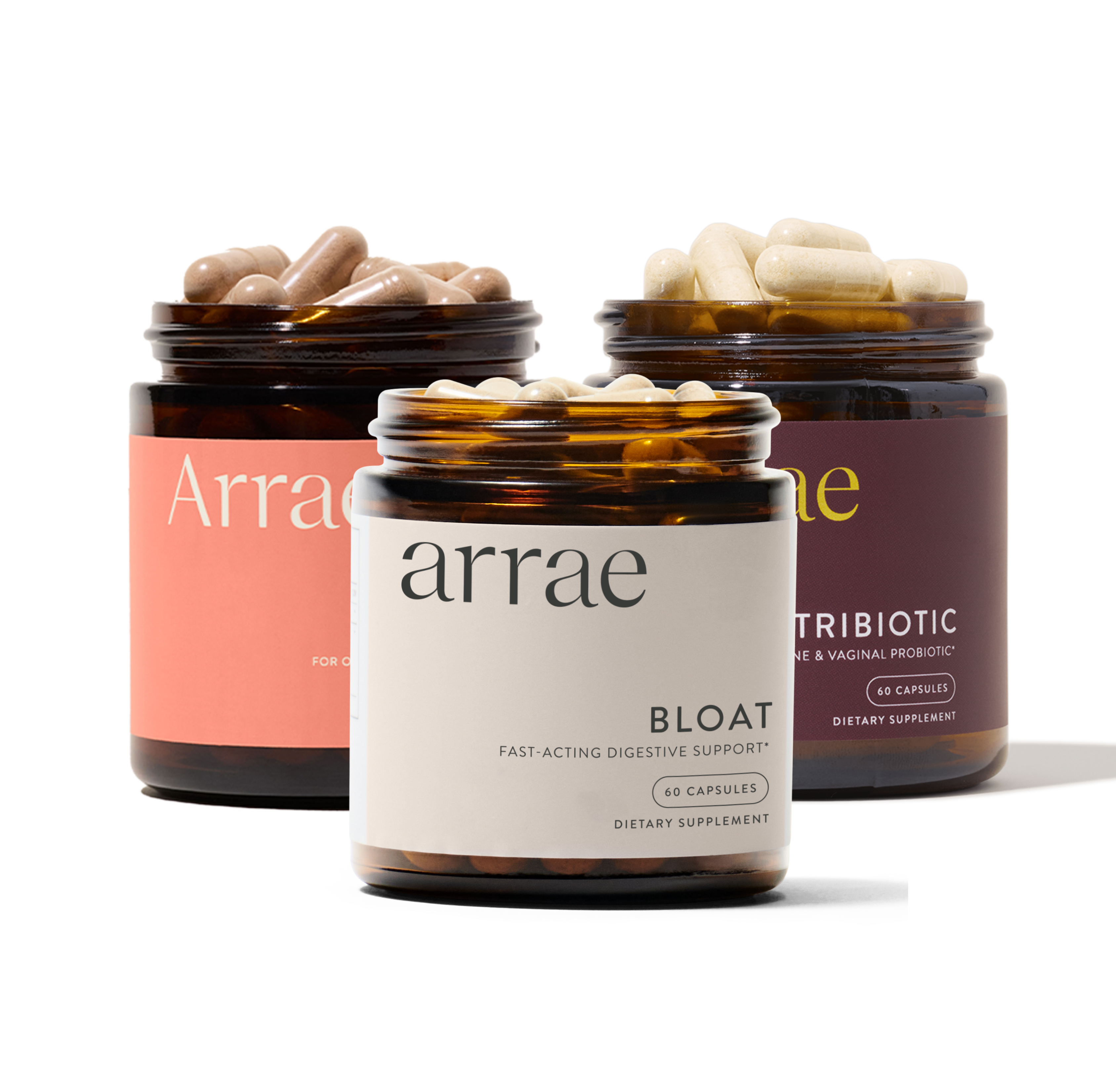
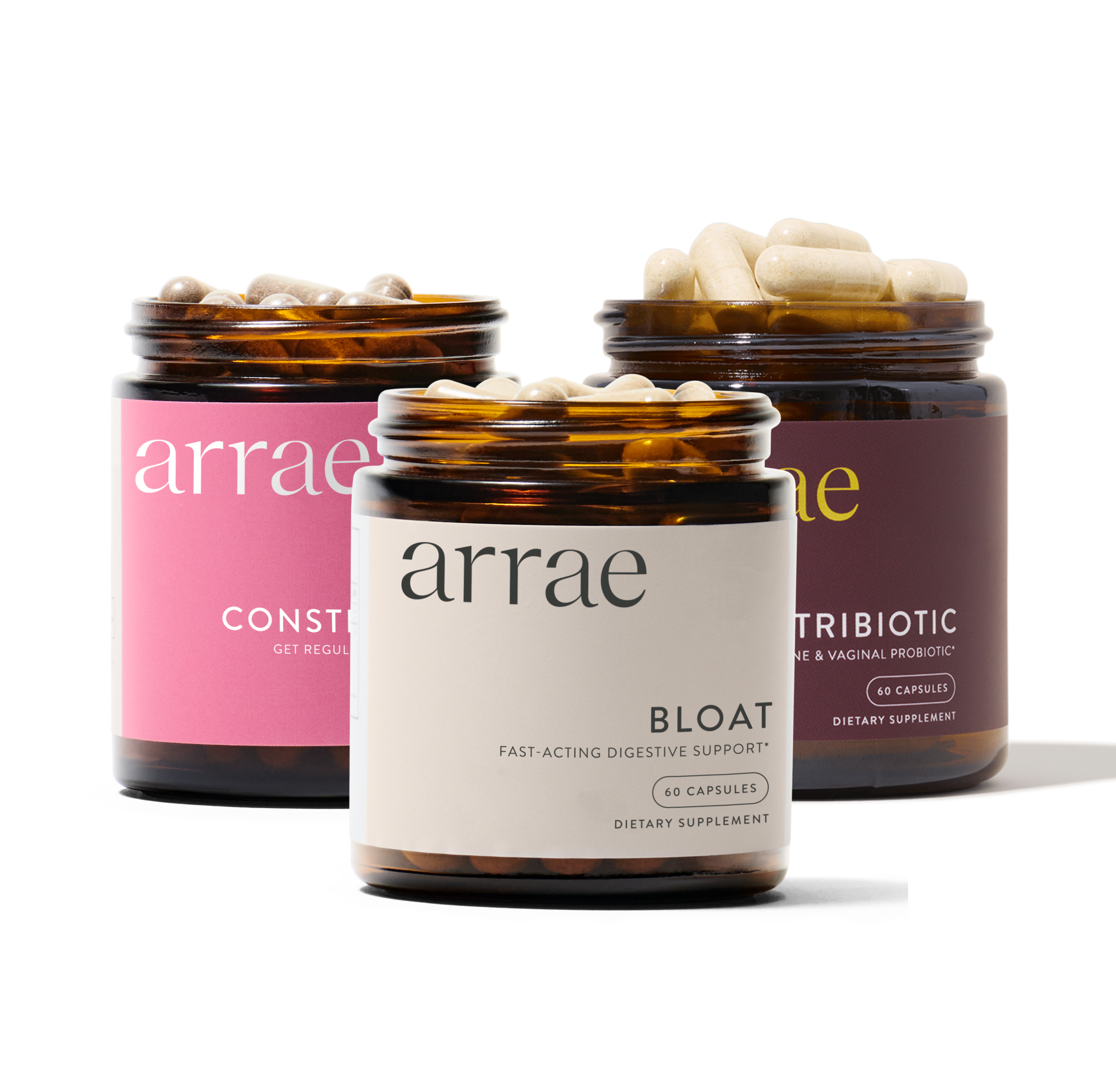






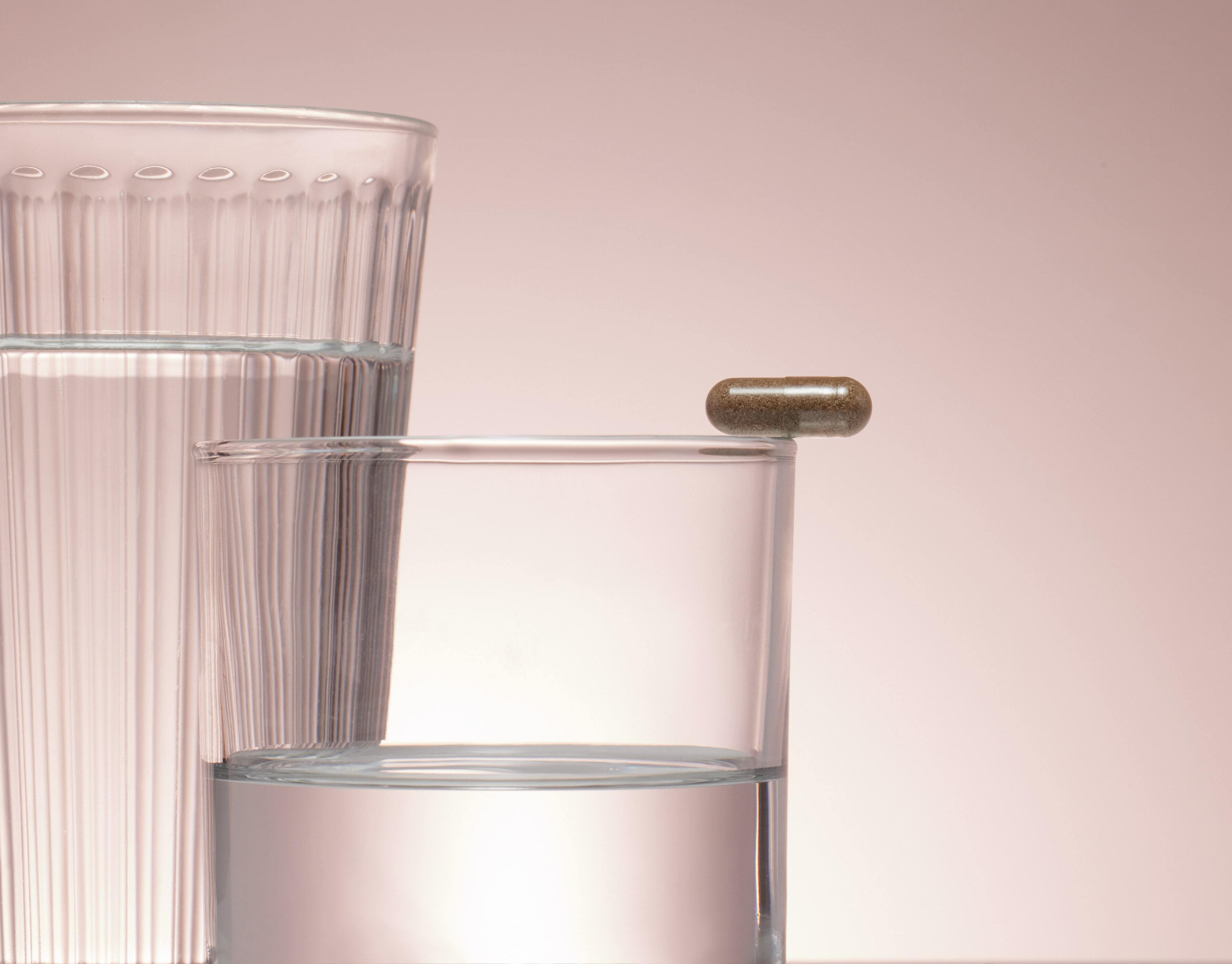

 Instagram
Instagram TikTok
TikTok Youtube
Youtube Facebook
Facebook Email
Email